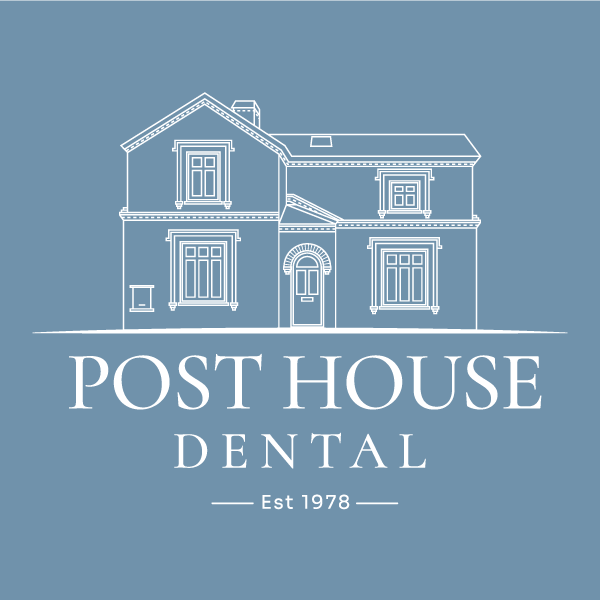
Every year, thousands of people are diagnosed with oral cancer, which is another reason why it’s important to have regular dental checkups. A dentist has training in recognizing the early signs of oral cancer and can provide an appropriate referral when needed.
Risk Factors for Oral Cancer
The risk factors for oral cancer are:
- Prior diagnosis of oral cancer
- Any type of tobacco use (cigars, cigarettes, pipes, snuff, chewing tobacco, etc.)
- Alcohol abuse
- Frequent sun exposure (common for lip cancer)
Oral Cancer Screening
Dentists do oral cancer screenings (often while doing a patient’s regular checkup) to detect any precancerous signs in the patient’s mouth. Its purpose is to discover any irregularities early to maximize the chances of a cure. If needed, a dentist may also have to do more tests to determine the extent of their findings.
While an oral exam may be advantageous for early oral cancer detection in some cases, there are some limitations on what oral exams can do, such as:
- Detect which mouth sores are benign and which ones are malignant. Further testing, such as a biopsy, would be needed to test the area by removing a small tissue sample.
- Detect all cancers. Some cancerous or precancerous conditions may not be readily detected by examining the mouth.
- Increase the odds of saving lives through early detection. Although the likelihood of getting a cure because of early detection is possible.
No Special Preparation Needed
One of the biggest advantages of having oral cancer screening is the lack of preparation done on the patient’s part. The only thing the patient needs to do is come to the appointment and allow the dentist to perform the routine oral exam.
While performing the oral cancer screening exam, the dentist is paying special attention to the inside of the mouth to detect any patches (white or red) or sores. Also, the dentist will run his or her fingers around your mouth to feel for any irregularities in tissue and lumps.
Those who wear partial or complete dentures that are removable will have to take them out, so the dentist can examine the tissue found under the dentures.
Additional Screening
If an abnormality was found during the initial screening, the dentist will schedule a follow-up appointment to check if the area is still there or has grown.
When growth is found, an appointment to have a biopsy is also scheduled. The procedure will either be performed by the regular dentist or referred to a specialist who diagnoses and treats oral cancer. This procedure involves the removal of a few cells from the problematic area to test in a lab for cancer.
Book your appointment online
See our clinician availability and book a slot that works best around your schedule. Only Private appointments are bookable.
Book your appointment online
See our clinician availability and book a slot that works best around your schedule. Only Private appointments are bookable.
